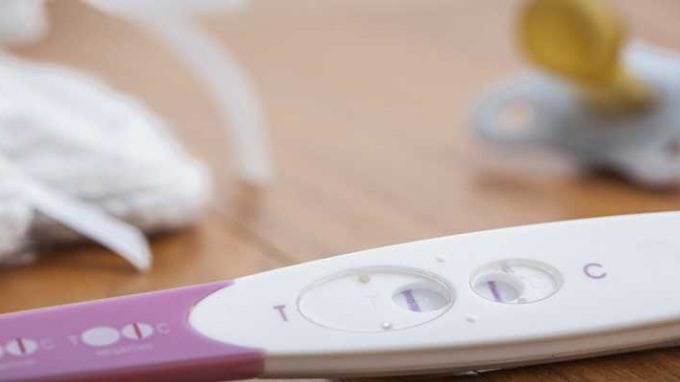In the first three months after having a miscarriage, a woman is more likely to get pregnant again.
Experiencing a miscarriage is a tragic event that many prospective parents face, and sadly, it is a very common event, with a likelihood of 15 percent. However, most women who have suffered a miscarriage go on to have a healthy and successful pregnancy in the future. Many traditional doctors often tell people that they should wait at least three months after a pregnancy loss before trying again to conceive. New information from some research studies suggests that these doctors may not have been entirely correct.
Scientific Research About Conception After a Pregnancy Loss
A study by Dr. Enrique Schisterman for the Obstetrics & Gynecology journal studied women who became pregnant after having a previous loss. In the study, the previous loss had been due to typical reasons, instead of complications such as an ectopic pregnancy or a molar pregnancy. Dr. Schisterman’s study examined data from 1,228 women. Many of the women within the study did not choose to wait three months before trying to conceive again, but roughly a quarter of them did. The investigators found that people who waited less time were 69 percent likely to become pregnant, while just 51 percent of the people who waited three months conceived. The people who conceived within three months of having a miscarriage were far more likely to have a live birth without complications. 53 percent of the people who did not wait had a live birth, while 36 percent of the people who waited had a live birth.
How Soon After a Loss Should You Start Trying Again?
The old information about waiting three months to try to get pregnant again has been shown to be unreliable. Instead, most modern doctors suggest that women visit an OB/Gyn after two weeks to ensure that no physical harm remains from the previous loss. Normally, any damage from a miscarriage is healed within a few days, but it might take longer if the miscarriage occurred later in pregnancy and procedures such as a D&C were necessary. A woman’s normal menstrual cycle will return after about four to six weeks, and she can become pregnant anytime within that first menstrual cycle. After a doctor confirms that a woman is physically healed, a woman can then start trying to conceive again as soon as she is emotionally ready.
It is perfectly normal for women to have a variety of emotions after a miscarriage. Some women may not feel too concerned, while others may mourn the loss of their potential child. Most psychologists emphasize that it is important for a woman to not blame herself or try to get pregnant in order to replace the loss she feels after a miscarriage. Once prospective parents are in a healthy place physically and mentally, they can continue with conception attempts.
Is It Risky to Try to Conceive After a Loss?
A typical miscarriage, especially one that happens very early in a pregnancy, is not a physically dangerous event. Most miscarriages take only a few days for physical recovery to occur. Once a doctor or OB/Gyn makes sure that everything is fine physically, there are no additional risks to attempting to conceive after a miscarriage.
As the scientific research shows, trying to conceive after a loss actually lowers the risk of miscarrying again. In fact, taking prenatal vitamins, avoiding alcohol and limiting caffeine can further lower risks of a pregnancy loss. It is perfectly safe to try to conceive after a miscarriage, and it makes it more likely that prospective parents can enjoy a safe and successful pregnancy in the future.




